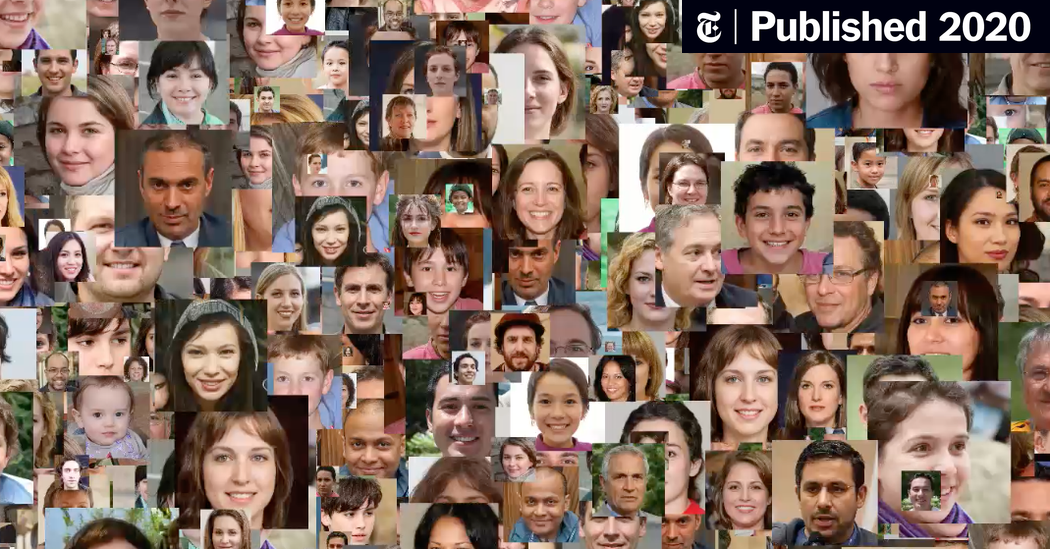- cross-posted to:
- [email protected]
- cross-posted to:
- [email protected]
There is a discussion on Hacker News, but feel free to comment here as well.
This is the best summary I could come up with:
Then Mr. Ton-That — an Australian techie and onetime model — did something momentous: He invented a tool that could end your ability to walk down the street anonymously, and provided it to hundreds of law enforcement agencies, ranging from local cops in Florida to the F.B.I.
The system — whose backbone is a database of more than three billion images that Clearview claims to have scraped from Facebook, YouTube, Venmo and millions of other websites — goes far beyond anything ever constructed by the United States government or Silicon Valley giants.
Federal and state law enforcement officers said that while they had only limited knowledge of how Clearview works and who is behind it, they had used its app to help solve shoplifting, identity theft, credit card fraud, murder and child sexual exploitation cases.
Photos “could be covertly taken with telephoto lens and input into the software, without ‘burning’ the surveillance operation,” the detective wrote in the email, provided to The Times by two researchers, Beryl Lipton of MuckRock and Freddy Martinez of Open the Government.
Finally, new polling in New Hampshire, which will hold its primary tomorrow, shows Mayor Pete Buttigieg neck-and-neck with Senator Bernie Sanders and former Vice President Joe Biden slipping into fourth place.
Despite its growing popularity, Clearview avoided public mention until the end of 2019, when Florida prosecutors charged a woman with grand theft after two grills and a vacuum were stolen from an Ace Hardware store in Clermont.
The original article contains 8,382 words, the summary contains 245 words. Saved 97%. I’m a bot and I’m open source!
Well, did it? This (paywalled) article is 3 years old.
Yes it’s still in use and very bad. Here is the most important snippet:
“It’s creepy what they’re doing, but there will be many more of these companies. There is no monopoly on math,” said Al Gidari, a privacy professor at Stanford Law School. “Absent a very strong federal privacy law, we’re all screwed.”
Also here is an arguably better article: https://www.msn.com/en-gb/entertainment/music/my-chilling-run-in-with-a-secretive-facial-recognition-app/ar-AA1hlrxc
The short answer is bad in US less bad in countries that banned its use but can’t put genie back in the bottle even there. The concept is not crazy.


